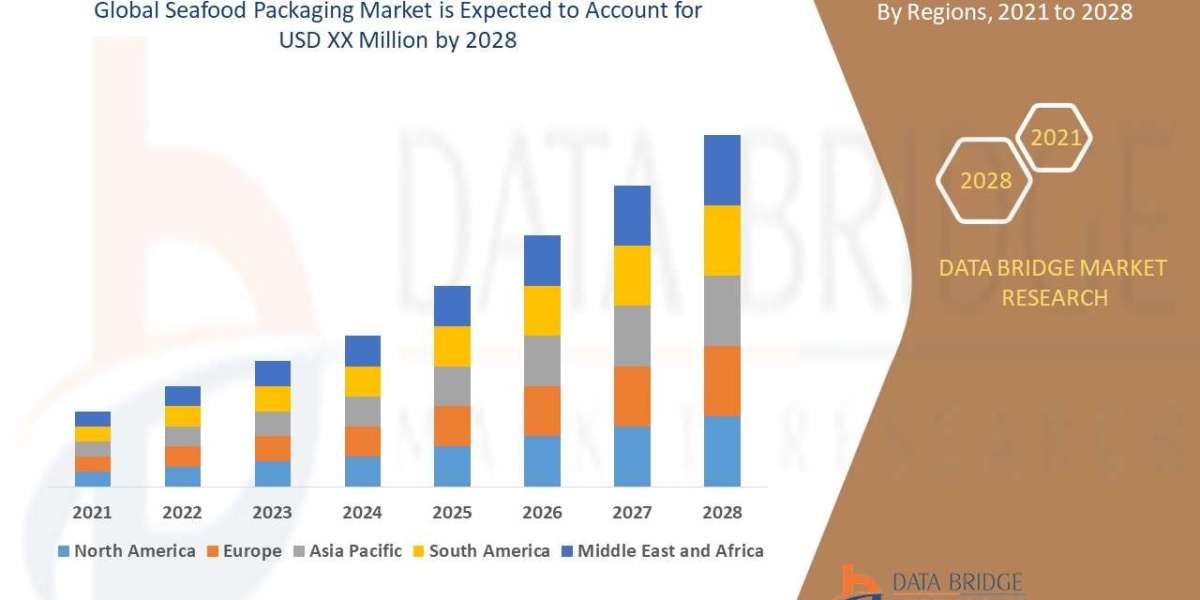Understanding the Role of Project Management:
At its core, project management in general contracting involves overseeing the entire construction process from inception to completion. This includes coordinating with architects, engineers, subcontractors, suppliers, and clients to ensure that all aspects of the project are executed seamlessly. Project managers serve as the central point of contact, responsible for communicating project objectives, managing expectations, resolving conflicts, and making critical decisions to keep the project on track.
Ensuring Efficient Resource Allocation:
One of the key responsibilities of project management in general contracting is allocating resources effectively. This includes manpower, materials, equipment, and finances. By carefully planning resource allocation based on project requirements and timelines, project managers can optimize productivity, minimize waste, and prevent costly delays. Effective resource management involves forecasting needs, negotiating contracts, monitoring expenditures, and adapting plans as necessary to ensure that resources are utilized efficiently throughout the project lifecycle.
Developing Comprehensive Project Plans:
A solid project plan is essential for guiding the execution of a construction project from start to finish. Project management in general contracting involves developing detailed project plans that outline objectives, scope, timelines, milestones, and deliverables. These plans serve as roadmaps for the entire project team, providing clarity on roles and responsibilities, sequencing of tasks, and dependencies between activities. A well-developed project plan helps to minimize uncertainty, mitigate risks, and maintain alignment with project goals throughout the construction process.
Implementing Effective Communication Strategies:
Effective communication is paramount in general contracting to ensure that all stakeholders are informed, engaged, and aligned throughout the project lifecycle. Project managers must establish clear lines of communication and foster open dialogue among team members, clients, and other key stakeholders. This includes conducting regular meetings, providing progress updates, addressing concerns promptly, and soliciting feedback to ensure that everyone is on the same page. By facilitating transparent communication, project managers can build trust, mitigate conflicts, and promote collaboration, ultimately driving project success.
Managing Project Risks and Uncertainties:
Construction projects are inherently complex and subject to various risks and uncertainties that can impact project outcomes. Project management in general contracting involves identifying potential risks, assessing their likelihood and impact, and developing strategies to mitigate or manage them effectively. This may include conducting thorough risk assessments, implementing contingency plans, securing insurance coverage, and monitoring key performance indicators to detect early warning signs of potential issues. By proactively managing risks, project managers can minimize disruptions, avoid costly delays, and ensure that projects are completed on time and within budget.
Embracing Technology and Innovation:
In today's digital age, technology plays a pivotal role in enhancing project management capabilities in general contracting. Project management software platforms offer advanced features for scheduling, budgeting, document management, and collaboration, enabling project managers to streamline workflows, improve decision-making, and enhance overall project efficiency. Additionally, emerging technologies such as Building Information Modeling (BIM), drones, and wearable devices are transforming the way construction projects are planned, executed, and monitored. By embracing technology and innovation, general contractors can gain a competitive edge, deliver higher-quality projects, and adapt to evolving industry trends.
Final Thoughts:
Effective project management is indispensable in general contracting, serving as the linchpin that holds construction projects together from inception to completion. By understanding the importance of project management and implementing best practices, general contractors can mitigate risks, optimize resources, foster collaboration, and ultimately achieve success in delivering high-quality projects that meet or exceed client expectations. With proper planning, communication, risk management, and the use of innovative technologies, project managers can navigate the complexities of construction projects with confidence and ensure their timely and successful completion.







